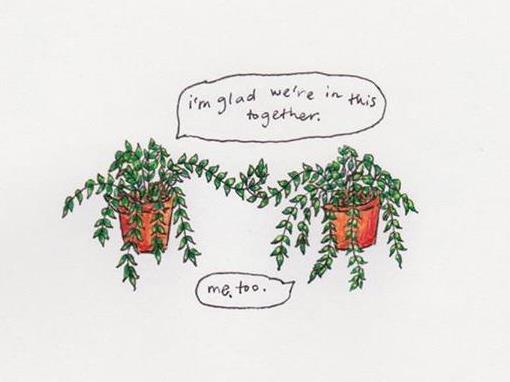Image via Mystic Mama
Support for the arts in Australia came dramatically under attack last year with unprecedented government intervention, cuts to the Australia Council and a year of Senate hearings and campaigning.
In the wake of those attacks, an independent group of Sydney-based arts practitioners and arts workers has proposed an Australian Charter for the Arts.
The Charter is envisaged as an advocacy tool to engage politicians and community leaders as well as artists with arts policy development.
It aims to enable a voice for artists, arts organisations, arts workers and supporters of the arts – across all art forms, locations and communities.
Equally importantly, it aims to articulate a vision of the role and purpose of the arts which identifies the value of the arts to society and the rights and conditions necessary for it to thrive.
There is now a stream of research-based evidence to back up the principles of the charter, including the study we report this week which identifies a minimum dose of arts activity which improves mental well-being.
Read: Landmark study measures healthy dose of the arts
The Charter team points to the benefits the arts brings society including:
● 85% of Australians agree that the arts make for a richer and more meaningful life;
● 38% of Australians creatively participate in the arts six or more times per year;
● 109,000 students are undertaking creative arts qualifications at the tertiary level
The Draft Australian Charter for the Arts puts forward seven key principles:
1. The arts provide both economic and social benefits to society.
2. All Australians have the right to access and participate in the arts.
3. Ongoing financial support is fundamental to sustaining the arts into future generations.
4. A vibrant arts sector is the responsibility of individual artists, organisations and communities. Without sufficient public funding for individual artists, small-to-medium arts organisations and regional and community arts organisations, the vitality and wellbeing of the whole sector is impacted.
5. The arts must be guaranteed public funding, that is distributed at arm’s length from the government of the day. This funding model best enables new ideas, practices and fields to emerge.
6. The arts should serve and be responsive to the specific cultural needs of local, regional and remote communities while existing within national and international contexts.
7. The arts sector plays an indispensable role in nurturing a wider democratic and humane society. The arts offer a voice to the marginalised and disenfranchised, allowing for creativity, reflection and critique by all participants.
The Charter team welcomes contributions by those within the arts sector who are concerned with the development of an arts policy.In particular they want to know:
Are your concerns and interests represented in this document?
Is your community represented by this document?
Are there elements that could be interpreted as divisive?
Would you sign your name to the Charter, showing support for these principles? If not what changes
would be required for you to consider becoming a signatory?
A full draft is available at the Australian Charter for the Arts website together with guidelines for contributing to the charter. The feedback period ends on 31 January.





